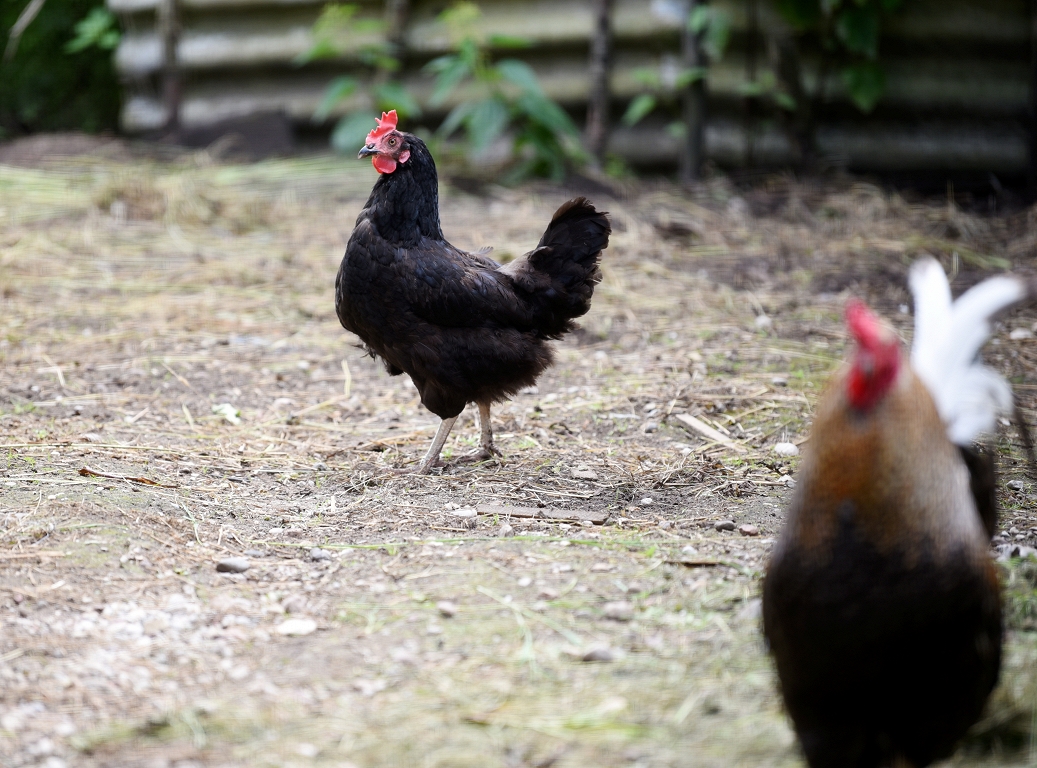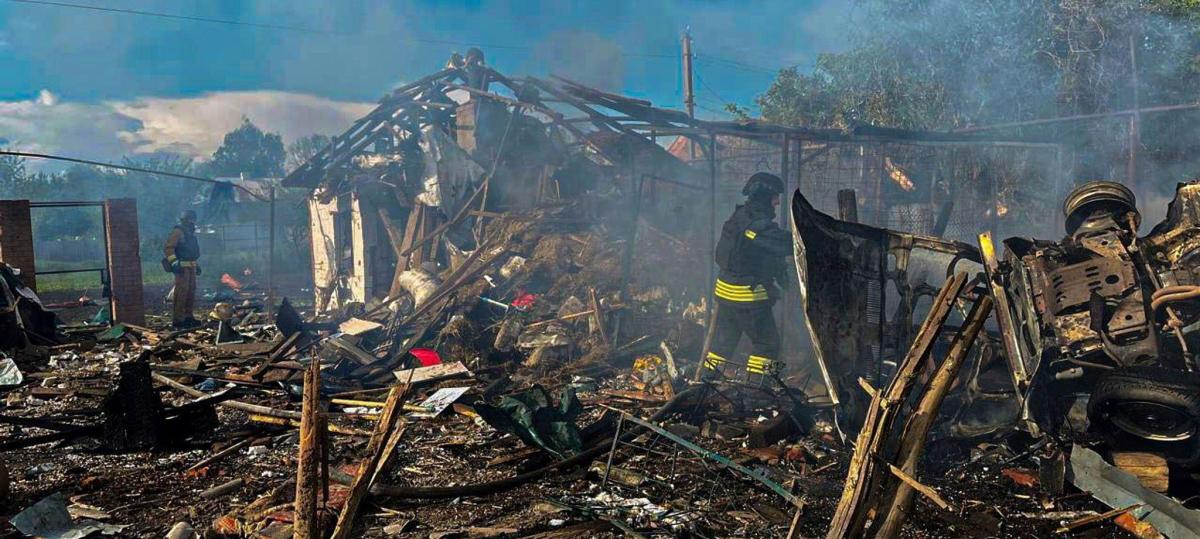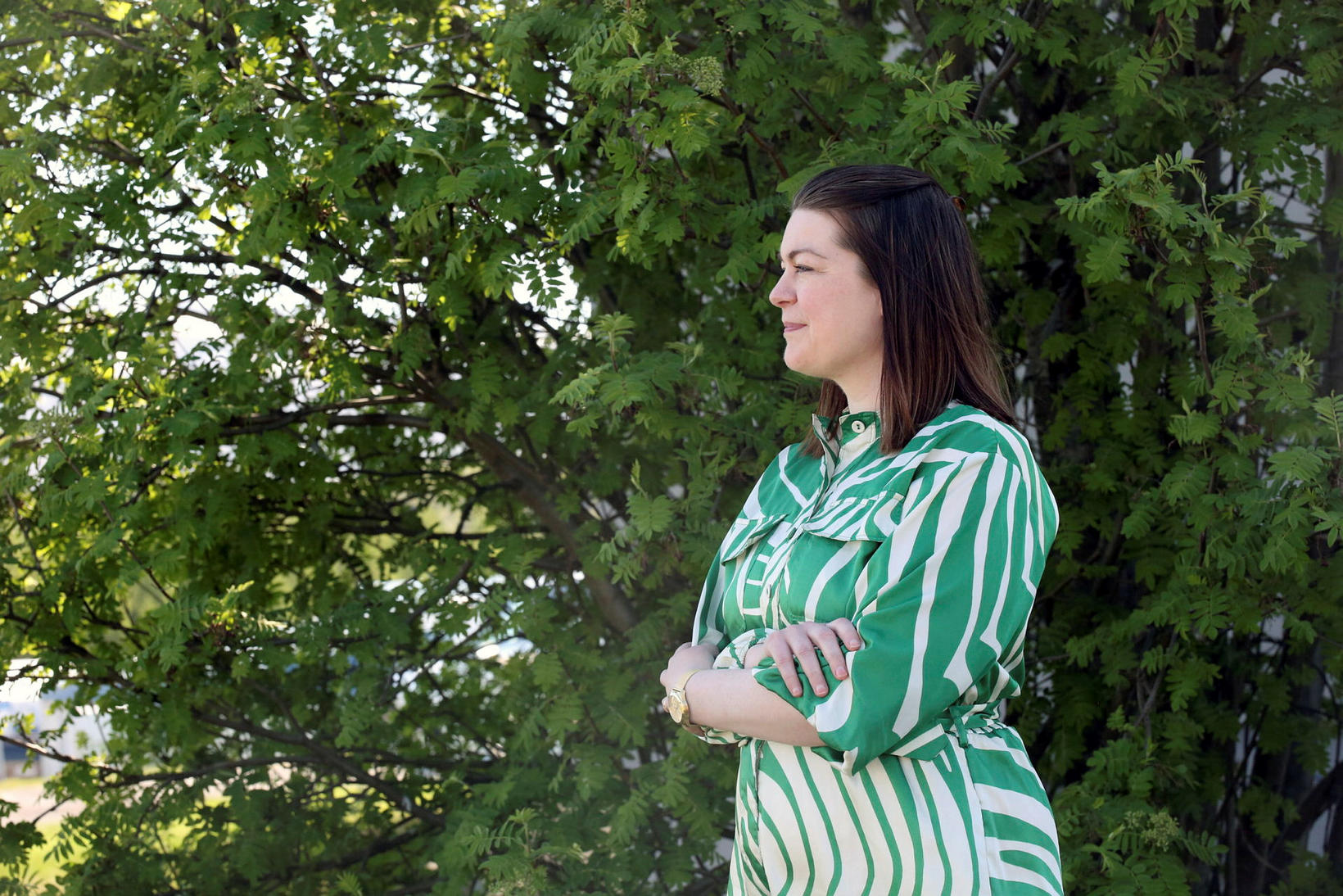The first case of bird flu is approved in Latvia in a poultry shed with 190 birds / day

The results of FVS laboratory tests have been received from the BIOR, the Scientific Institute of Food Safety, Animal Health and the Environment. The service in the shed shall take measures to combat and restrict the disease, as well as the epidemiological examination to determine the possible source of the virus and the potential spread of the virus from the disease affected by the disease.
To prevent further spread of the disease, all poultry in the shed is eliminated, the products obtained from them, as well as cleaning and disinfection. The affected shed around the disease has a limitation zone within a radius of three and ten kilometers, which prohibit the transport of live poultry and poultry products. Similarly, strict biosecurity measures must be followed in the poultry sheds in these areas.
The service emphasizes that in Latvia, highly pathogenic bird flu had so far found only wild birds, as well as high pathogenic bird flu « H5N1 » subtype is potentially zoonotic, with the risk of infecting the disease in other animals and humans.
According to information released by the FVS, the service carried out 25 tests of wild birds in the four months this year, where no highly pathogenic bird flu was detected, however, in April, from the ten tests of wild birds per cranberry, a low -deduction of the Pathogen Birds’ flu «
In Lithuania, by May 25, highly pathogenic bird flu was found in one bird’s home shed and three wild birds, as well as one disease was also found in the wild bird in Estonia.
In Europe, on the other hand, by May 25, highly pathogenic bird flu cases were found in 251 poultry sheds, including 105 poultry sheds in Hungary and 87 poultry sheds in Poland. Similarly, in Europe, 654 cases of non -poultry birds or wild birds were recorded in the respective period, including 169 in Germany and 158 in the Netherlands.
Last year a total of 72 wild birds were investigated in Latvia, including bird flu in one case, namely, highly pathogenic bird flu was detected in the White Pierce Zosy. At the same time, one white stork last year was found in a subtype of influenza H6N8, which is not highly pathogenic.
Since 2021, a total of 205 wild birds have been detected in highly pathogenic bird flu, as well as the bird flu was found in two foxes in 2023.
The FVS emphasizes that in the case of highly pathogenic bird flu outbreaks, the owner of the poultry holding affected by the disease has the opportunity to obtain state compensation for losses during the fight against the disease, if the holding and poultry are registered in the Rural Support Service Information System, the holding complies with biosecurity and other requirements specified in regulatory enactments.
Representatives of the service urge Latvian poultry holders not to allow poultry outdoors or fenced structures, to prevent poultry contact with wild birds, especially water birds, swans, ducks, and refrain from purchasing poultry in other European countries during the spring months. It is also necessary to make sure that unauthorized persons do not enter the bird’s holding, including working or changing clothing and shoes in contact with the birds.
Poultry owners should immediately report the FVS if the birds have signs of the disease, significantly reducing bird feed and water intake, reducing laying or observing bird mortality.
Highly pathogenic bird flu is an acute, highly contagious bird infectious disease characterized by high mortality. The clinical signs of the disease are sudden and rapid course of the disease, fatigue, refusal of food, swollen feathers, grim gait, smoke and other signs.
The virus distributors are wild birds, especially waterfowl, which can be the disease without characteristic signs. Poultry can become infected by contacting infected wild birds, such as accessing ponds and other water bodies. Birds can also be infected with contaminated food or objects, footwear, clothing, inventory to which the virus comes to.
The FVS is a public administration under the supervision of the Ministry of Agriculture, which carries out national supervision and control of the food chain and the veterinary sector.







:format(webp)/s3/static.nrc.nl/wp-content/uploads/2025/05/30151653/web-3005SPO_LuisEnrique05.jpg)